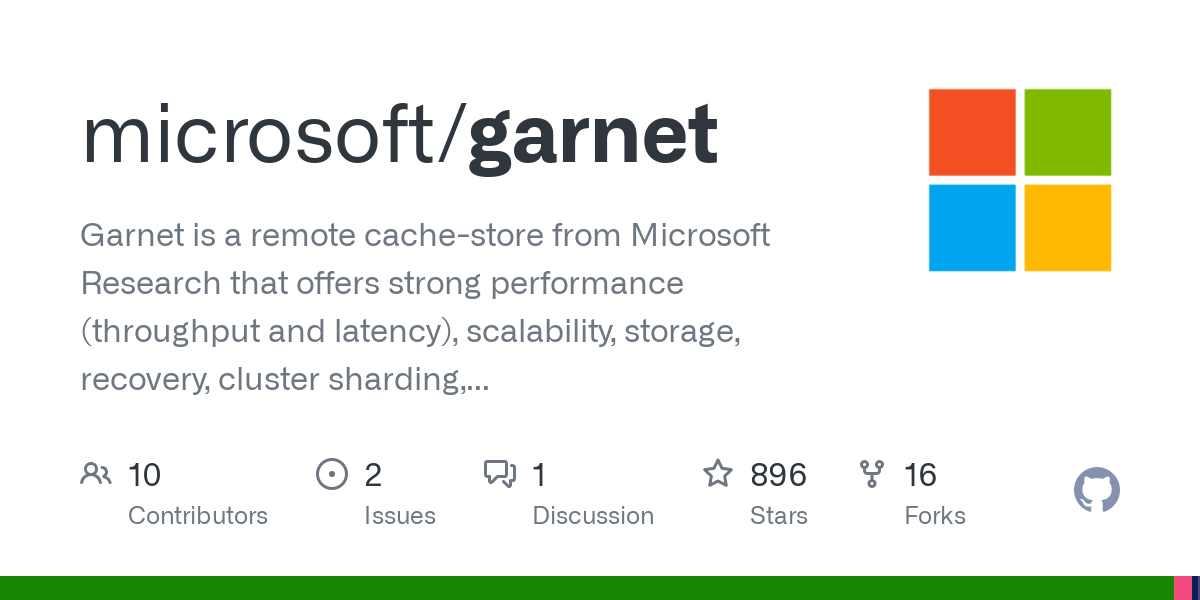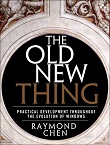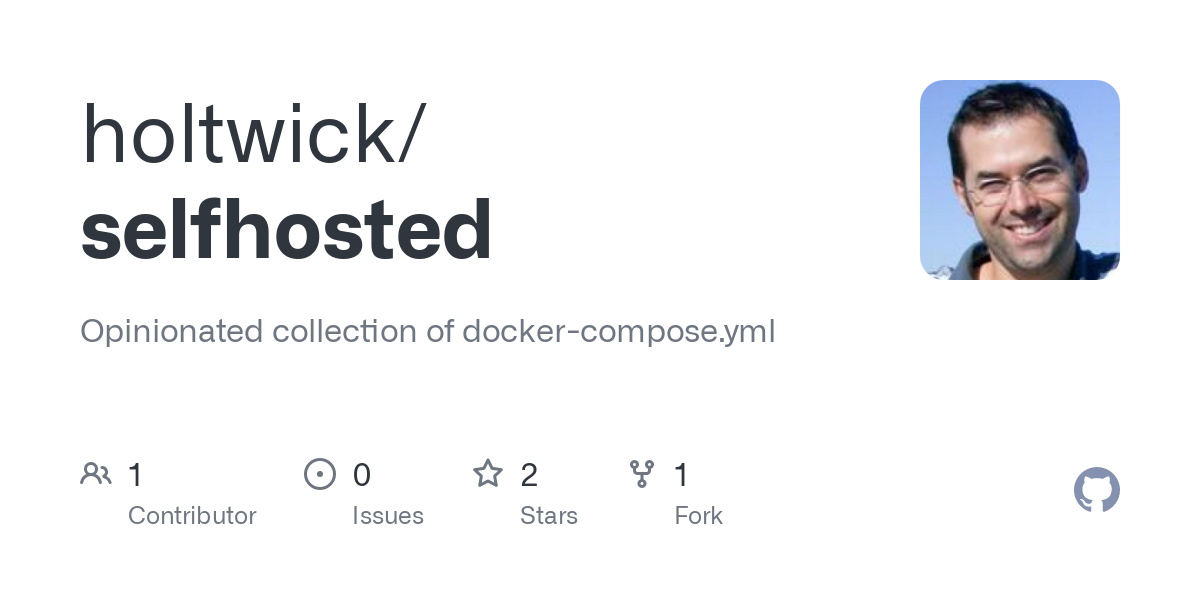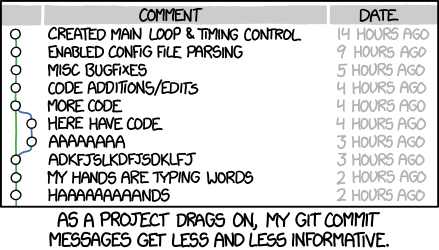Mastodon: @canpolat@hachyderm.io
- 63 Posts
- 50 Comments

 17·11 months ago
17·11 months agoWho is this particular developer
As far as I understand from the discussions about the topic, Maxim Dounin was one of the few core developers of nginx. Looks like Wikipedia has already been updated.
I know you said “self hosted”, but if you are interested in an Android app, Google Play Books does most of what you want, I think. You can upload your books, and read them on any device (with offline capabilities). But this is the Self Hosted community, so I will show myself out.

 1·1 year ago
1·1 year agoPossibly. My point is: despite having a common subset Pkl and JSON schema doesn’t seem to be solving the same problems. But, I’m just learning about it, so I may just be wrong.

 3·1 year ago
3·1 year agoI just learned about Pkl, so take this with a grain of salt. JSON Schema and Pkl seem to have some overlap. But JSON schema is not specifically designed for handling configuration and Pkl supports other formats like YAML.

 51·1 year ago
51·1 year agoThis looks really interesting. Getting type safety and editor support to configuration may change quite a bit of how things are done. I don’t know if it will gain traction, but if it does, it may really help bringing some long awaited structure to all those YAML files. There appears to be examples specifically for Kubernetes (https://github.com/apple/pkl-k8s-examples).
I wasn’t aware of that. I guess it was thought to be a mod driven community. Anyway… Cool question. I hope we will see some creative solutions here.
Please also consider posting to !challenges@programming.dev

 2·1 year ago
2·1 year agodeleted by creator

 3·1 year ago
3·1 year agoAre you interested in working on a text editor? If so, I have an idea I plan on implementing myself for fun: a clone of HeyNote with some added functionality. HeyNote is a simple buffer that consists of blocks. It’s useful when you just want to note a simple block of text (an SQL query, log output, test data) but you are not interested in structuring it. What HeyNote lacks is the ability to add title and tags to blocks. It’s not an alternative to other note taking applications. It is just a buffer with unrelated blocks in it.

 3·1 year ago
3·1 year agoPlease consider posting language specific questions to language specific communities in the future. For example, !c_lang@programming.dev

 4·1 year ago
4·1 year agoI have had Pluralsight for many years now and I agree with you. In some cases they have excellent courses, but I sometimes find the content outdated. I plan to explore O’Reily’s platform next year. They seem to have a different set of resources and are comparable in price.

 1·1 year ago
1·1 year agodeleted by creator

 4·1 year ago
4·1 year agoGPT-4 was able to do this even though the training data for the version tested by the authors was entirely text-based. That is, there were no images in its training set. But GPT-4 apparently learned to reason about the shape of a unicorn’s body after training on a huge amount of written text.
It’s as if they can in some way or other “see”.
I would add Ars Technica to that list and call it a day.
For programming I follow YouTube channels of the conferences relevant for my tech stack (YouTube natively supports RSS). They are generally 1 hour talks but it’s a great way to stay up to date.
This looks like a response to Github Copilot Chat. A bit late to the game and without all other functionality that Copilot has, this cannot seem to be a significant competitor (assuming it will be a paid service).

 3·1 year ago
3·1 year agoThanks for sharing. This looks really low level. The advantage of PlantUml and Mermaid is that they are supported by many systems. So, integration is a non-issue.

 4·1 year ago
4·1 year agoI agree that this is a challenge. One needs to slice the domain such that it can be covered this way. But this also means more people. In my experience, moving from “activity oriented” teams to “business centric” teams require an increase of the headcount.















I think you are highlighting an important point that are missed by other commenters emphasizing the developer. I prefer GPL over MIT license. But this is a possible fallback if Redis decides to change its licensing (like several others did).
I think these kind of products have strategic significance for MS for their Azure offering. They are probably preparing to offer this there (in addition to and as an alternative to Redis). So, it makes sense for Microsoft to release this with an OSS license (otherwise no one will adopt it).